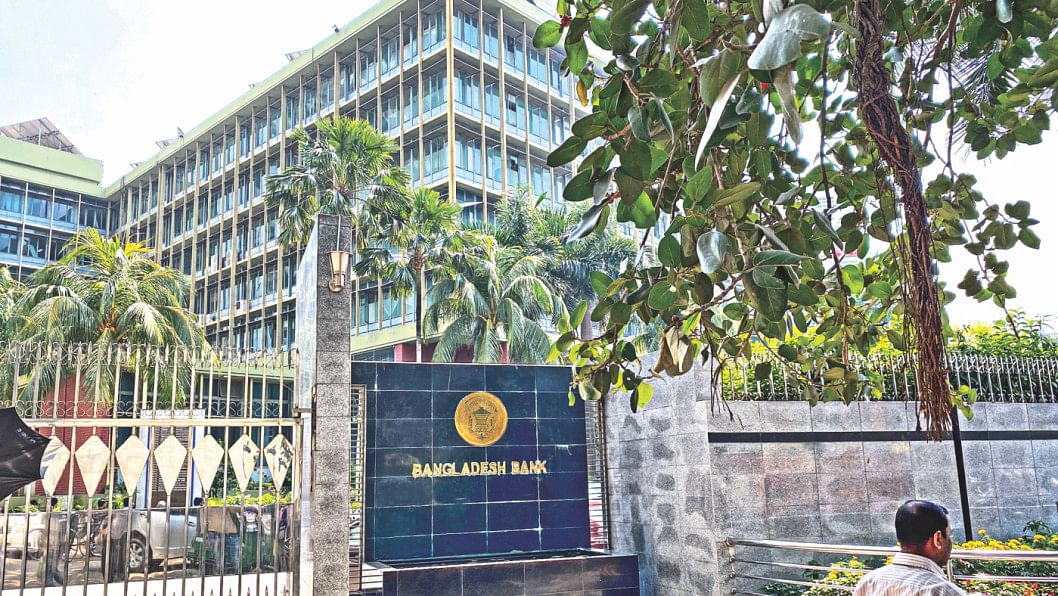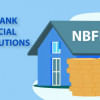Non-banks asked to reduce bad loans

Bangladesh Bank has instructed non-bank financial institutions (NBFIs) to reduce their high amount of bad loans and meet their capital shortfall by December this year.
The central bank also asked them to submit a work plan to this end as soon as possible.
These instructions came during a meeting between Bangladesh Bank officials and the managing directors and chief executives of seven NBFIs at the central bank headquarters in Dhaka today.
Bangladesh Bank Deputy Governor Kazi Sayedur Rahman presided over the meeting, where officials from the central bank's Department of Financial Institutions and Markets (DFIM) were also present.
The banking regulator will meet with the rest of the NBFIs in phases, according to Bangladesh Bank officials involved in the matter.
The managing directors of Lanka Bangla Finance, BD Finance, Prime Finance, Phoenix Finance and Hajj Finance were, among others, present at the meeting.
"We discussed the overall NBFI sector," said Kyser Hamid, managing director of BD Finance.
After the meeting, Mezbaul Haque, spokesperson of Bangladesh Bank, told journalists that the central bank called the meeting to know about the individual financial health of the NBFIs.
"We asked them to submit a work plan for reducing the high NPL rate and meet capital shortfalls within December this year," said Haque, also executive director of the DFIM.
"The central bank wants to see a visible development within December," he added.
Following banks, the NBFI sector logged a record volume of defaulted loans at the end of June this year.
At the end of June, the sector's defaulted loans accounted for a staggering 27.65 percent of its total outstanding loans, according to the latest data of Bangladesh Bank.
The 35 NBFIs' soured loans amounted to Tk 19,951.17 crore at the end of June, up 25.2 percent year-on-year, due to massive loan irregularities and scams in the sector.
Last year, 14 of the 35 NBFIs in Bangladesh were in the red zone, up from 12 in 2021, as per the central bank's financial stability report.

 For all latest news, follow The Daily Star's Google News channel.
For all latest news, follow The Daily Star's Google News channel. 








Comments